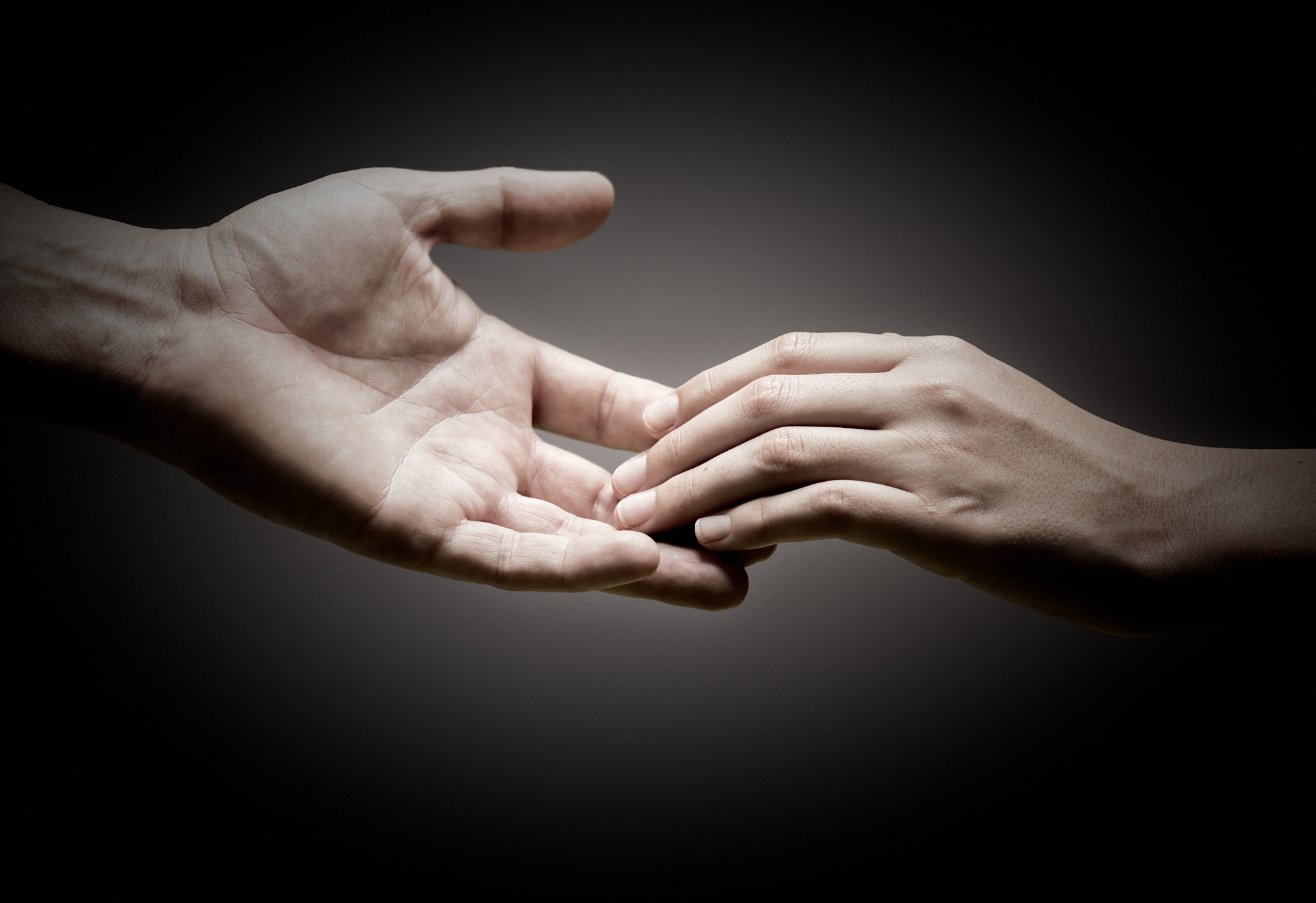Being seen is one of the greatest human needs, and we’re all starving for it.
The COVID-19 pandemic didn’t create this hunger. It simply exposed it. We’ve been feeling unseen long before physical distancing forced us to separate into six-foot zones and Zoom breakout rooms.
It’s one thing to be unseen in isolation. If you’re stuck in a cabin in the woods by yourself—a la Henry David Thoreau in Walden—you might feel unseen from time to time. But when you’re surrounded by co-workers and social media followers, or when you’re mingling with colleagues at happy hours, and none of them really see you?
That’s loneliness.
It’s no wonder that depressive disorders are on track to become the leading cause of the global burden of disease by 2030, outranking obesity as the #1 global health crisis.
Which is why the concept of sawubona piqued my interest when I first came across it a few weeks ago.
Sawubona is a standard Zulu greeting. But its meaning goes far deeper than your typical hello. Sawubona literally means “I see you.” It refers to seeing in a more meaningful sense than the simple act of sight. It means, “I see your personality. I see your humanity. I see your dignity.”
Sawubona says you’re not an object to me. You’re not a business card. You’re not a transaction. You’re not a title. You’re not just another person standing in line between me and my Starbucks macchiato.
You exist. You matter. You contain multitudes. You’re a memory to someone. You are a living, breathing, imperfect human being who has experienced joy and suffering, triumph and despair, and love and grief.
The traditional response to sawubona is ngikhona. It means “I am here,” but its meaning also goes deeper: “It tells the observer that you feel you have been seen and understood and that your personal dignity has been recognized.”
When we feel understood in this way—when we feel that the other person really gets us—we vibrate on each other’s frequency, instead of moving past each other.
Sawubona doesn’t involve any grand gestures.
It means holding emotional space for a loved one with a simple, “I’m sorry. That’s awful,” instead of immediately jumping into problem-solving mode.
It means grieving for laid-off employees instead of blithely marching onward to the resolute beat of business as usual.
It means finding the human dimension in the products we create by looking at them from the perspective of those we serve, instead of getting lost in acronyms, processes, and PowerPoint decks.
It means remembering our common humanity even when we disagree.
It means choosing to see in a world that has stopped seeing.
Bold


